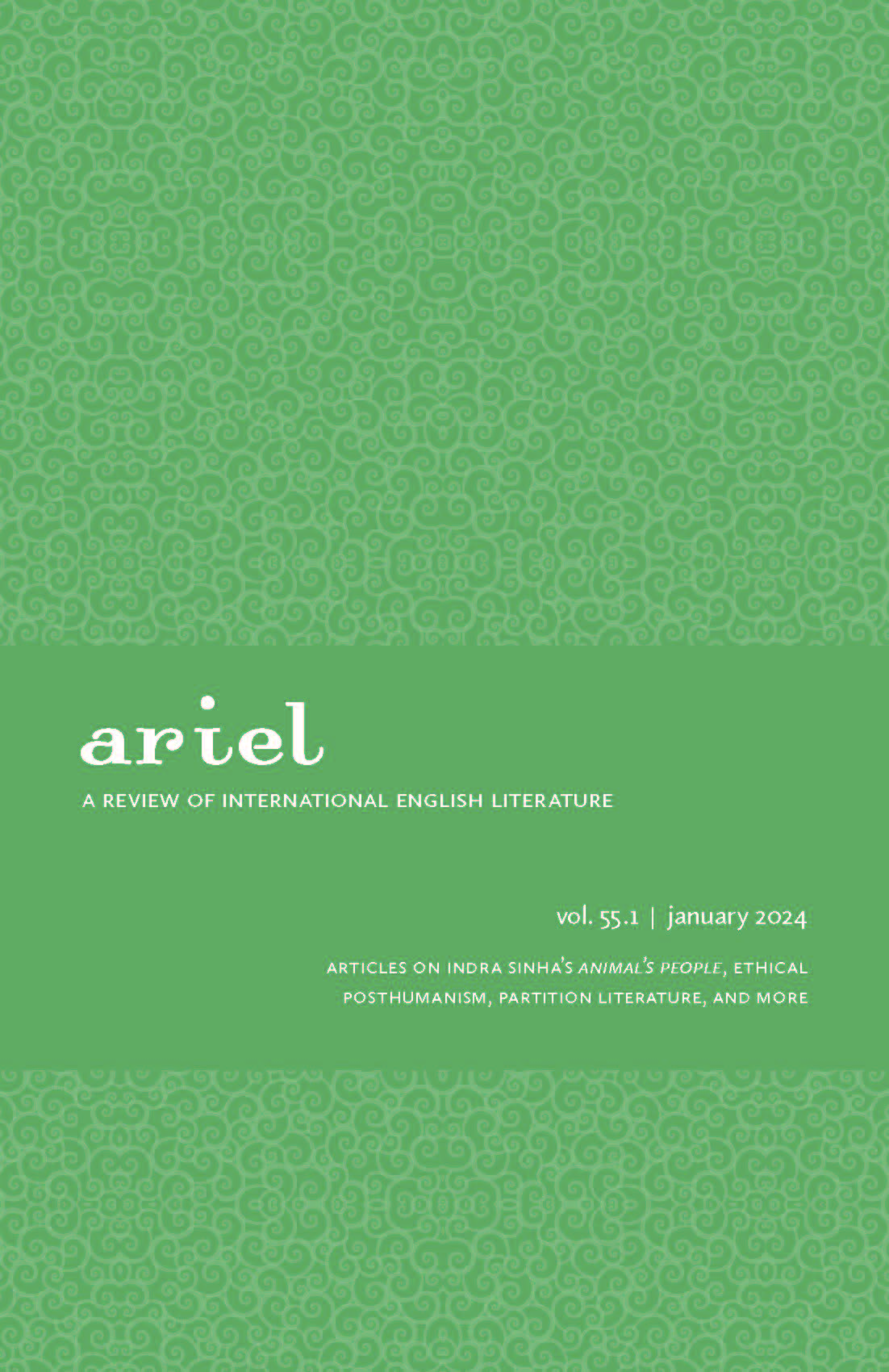Sensing the Future in Contemporary Anglophone Literature: Utopian Practice in Times of Global Emergency
Keywords:
Futurity, Contemporary Anglophone Literature, Utopian Practice, Anticipation, Global EmergencyAbstract
Due to contemporary experiences of climate crisis, large-scale migration and global ruptures such as the spread of the corona virus, futurity has become newly problematized both in public discourse and in critical discussions in literary and cultural studies. This article argues that literary texts contribute to the re-negotiation of futurity for the cultural needs of the present. It applies an original analytical perspective of ‘sensing the future’ to two contemporary Anglophone novels, Mohsin Hamid’s Exit West (2017) and Nnedi Okorafor’s Lagoon (2014). Sensing the future refers to the creative labor that the novels perform which enables an imaginative entering of the future into the present. The article discusses how these fictions take up both eco-critical and critical posthumanist concerns while, counterintuitively, they re-direct an evaluation of these concerns towards an ethics of open futurity contiguous with the humanist philosophies of Hannah Arendt and Emmanuel Levinas. The novels express forms of anticipation in which open futurity and the experience of encounter with the other form a basic ethical orientation, thereby pointing to an emergent reshaping of utopian practice in times of global emergency.


